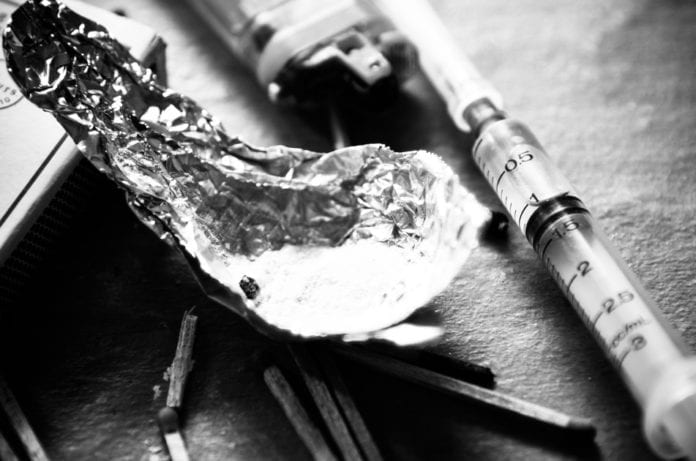In late January, BC implemented the decriminalization of possession of small amounts of illicit drugs and now, the province is beginning to restrict that legislation.
The three-year pilot project is meant to end shame and stigma that could help save the lives of substance users.
“We know criminalization drives people to use alone. Given the increasingly toxic drug supply, using alone can be fatal,” said Jennifer Whiteside, BC’s Minister of Mental Health and Addiction when the decriminalization announcement was made.
“Decriminalizing people who use drugs breaks down the fear and shame associated with substance use and ensures they feel safer reaching out for life-saving supports.”
In order to achieve this decriminalization, BC had to go through Health Canada to get an exemption under the the Controlled Drugs and Substances Act.
This exemption effectively ended the criminalization of those who use drugs.
Specifically, adults who are over 18-years-old are no longer subject to criminal charges for possessing small amounts — 2.5 grams — of certain drugs meant for personal use.
The drugs permitted include opioids, cocaine, methamphetamine and MDMA.
Any amount over 2.5 grams is still criminalized, and this legislation only applies to those over 17-year-old and younger.
The latest development in BC’s drug decriminalization has been a new exemption to the previous legislation the province once again had to apply to Health Canada to achieve.
Beginning Monday, September 18th, it will no longer be decriminalized to carry or use drugs around outdoor playgrounds, spray pools and wading pools and skate parks.
Related:
“This change means law enforcement will have the authority to seize drugs, as well as arrest and charge for personal possession of any amount of any controlled substance at these locations,” said Ya’ara Saks, Canada’s Minister of Mental Health and Addictions.
“This will ensure that law enforcement has the tools they need to address public drug use concerns and so that people continue to feel safe in their communities.”
She added that there is no one-size-fits-all solution to the toxic drug crisis facing BC and the rest of the country and that all levels of government are trying their best to make policies that will be most beneficial to their communities.
When asked about whether this exemption to the legislation is the only one coming, the BC Ministry of Mental Health and Addictions provided the following statement:
“The Province will continue to work closely with the federal government to evaluate and monitor the exemption, and we will make necessary adjustments along the way to ensure the desired outcomes of decriminalization are met,” said a Ministry of Mental Health and Addictions spokesperson.
“In addition, government is developing provincial legislation to regulate public use of illegal drugs to further support communities in addressing this issue in the fall legislative session. We’ll have more to say in the weeks ahead.”
This means the government will likely be putting more restrictions on drug use, despite laying the foundations for overall decriminalization.



